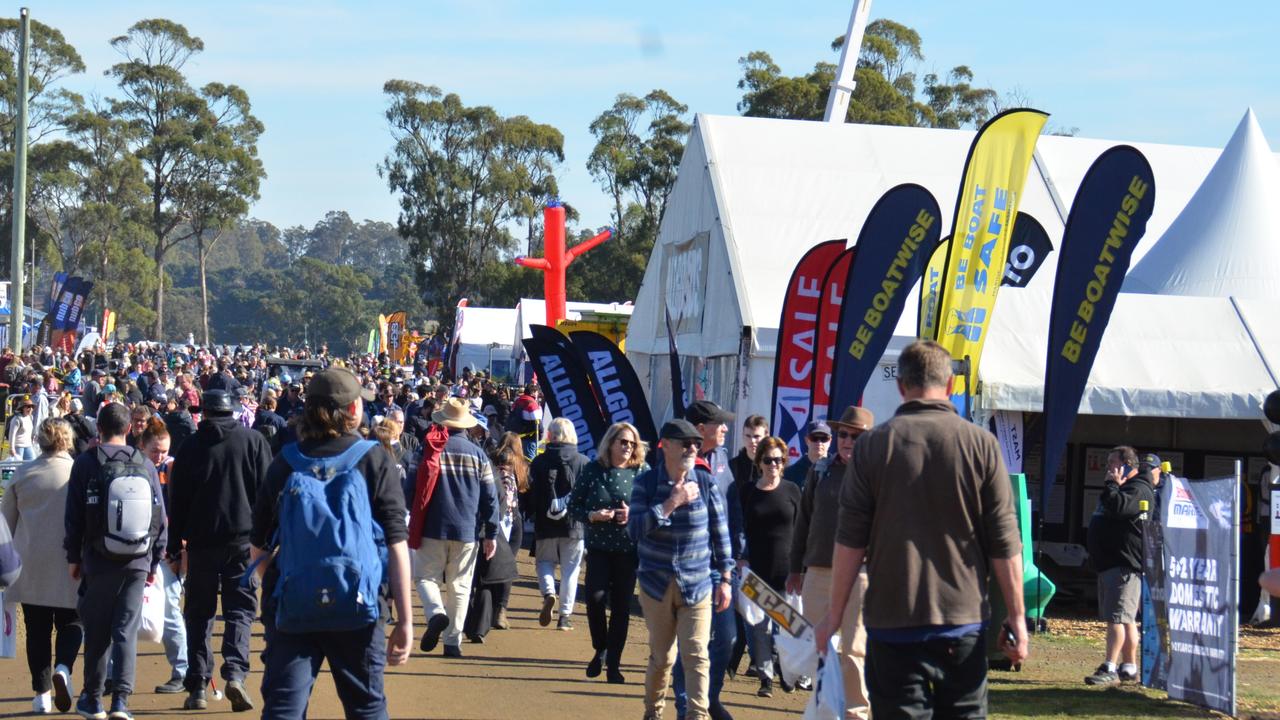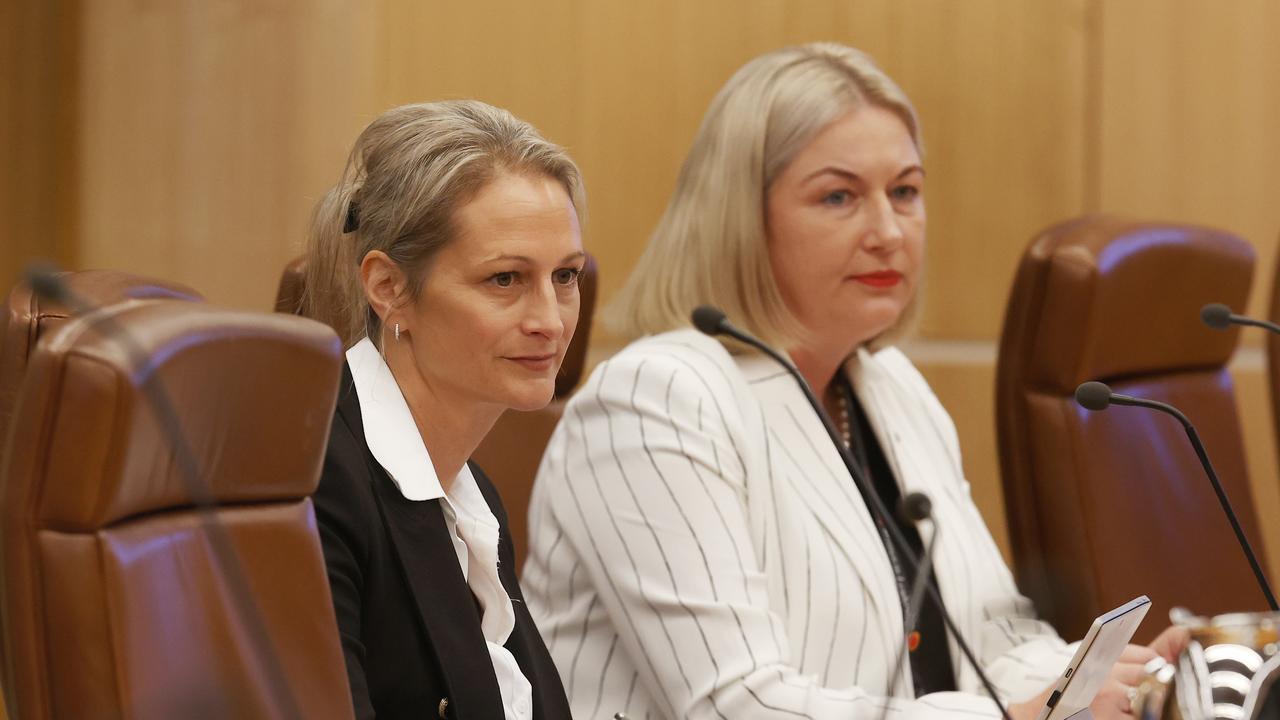Greens say “broken” permit system needs reform as wallabies swans among killed
Possums, wombats and cockatoos are some of the species culled in 2023 as part of the state’s Property Protection Permit scheme. The 10 most culled native animals in 2023.
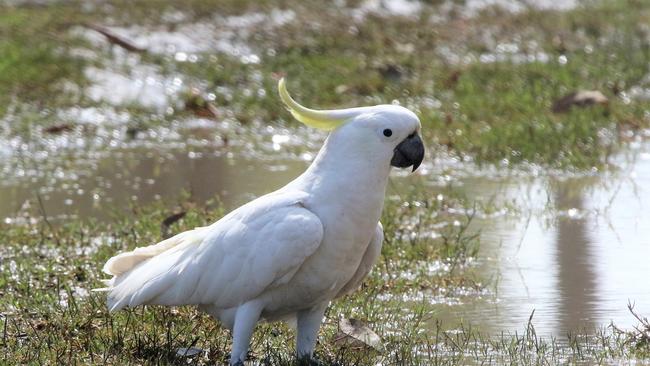
Tasmania
Don't miss out on the headlines from Tasmania. Followed categories will be added to My News.
More than 500,000 wallabies, thousands of black swans and even 64 wombats were culled across Tasmania as part of a sanctioned program that allows landowners and businesses to protect their crops and infrastructure from wildlife.
Government data shows almost 700,000 Tasmanian animals were killed in 2023 under the state’s Property Protection Permits (PPP) – a figure the Greens say equates to 2000 Tasmanian animals each day and is an unacceptable toll on the state’s wildlife.
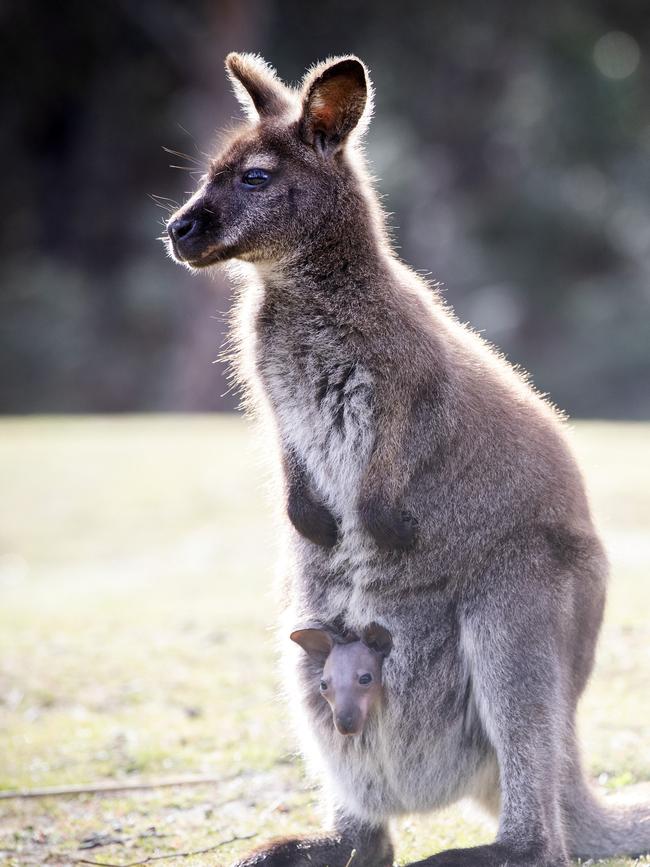
However, farmers say they take animal management seriously and the culling is necessary to avoid millions of dollars of lost production and property damage.
“The loss of production is staggering, so, when applying for permit, it is for a great need,” TasFarmers president Ian Sauer said.
“When we’re talking about wallabies, deer, possums, they are destructive animals. But feral cats and feral swans we know their numbers are exploding,” he said.
Data provided to the Greens by Primary Industries and Water Minister Jane Howlett showed 1373 PPPs were issued for the 2023-24 financial year.
Some of these PPPs for species such as Bennetts and rufous wallabies, fallow deer and brushtail possums last for up to five years, while permits for other species last only a year.
The report shows 311,219 Bennetts wallabies, 128,585 brushtail possums and 217,159 Tasmanian pademelons or rufous wallabies were culled in the 2023 calendar year.
Bird species culled included 3162 black swans, 3874 sulphur-crested cockatoos and 900 Cape Barren geese and smaller numbers of silvereyes, green rosellas and currawongs.
PPPs were implemented in 2021 by the Department of Natural Resources and Environment in place of previous crop protection permits.
The free permit allows all landowners, managers or lessees of property used in crop or stock production to protect crops, equipment or infrastructure from wildlife.
This can involve the use of firearms or 1080 poison.
Greens primary industries spokeswoman Tabatha Badger said there was no excuse for the scale of the cull.
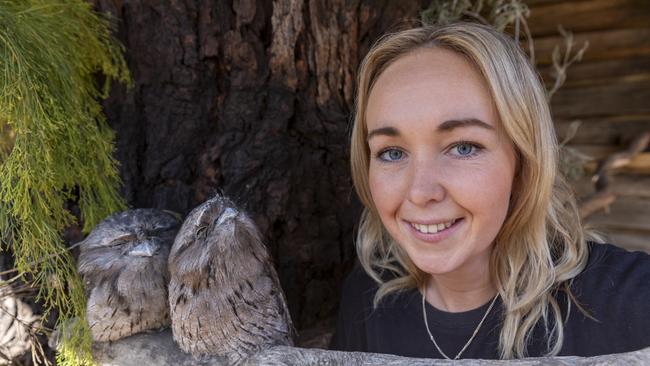
“Far too often, we’re seeing people seek these permits just because it’s cheaper than alternatives,” she said.
“For the sake of wildlife and biodiversity, we need to focus on other approaches.
“The government has an important role to play in supporting and encouraging humane ways of protecting crops instead of killing native animals in huge numbers.”
However, TasFarmers said the PPPs were essential in the “armoury to control wildlife” on farms – as important as fencing or netting.
“In 2020, the government worked out that the animals that were culled would have equated to $16m in lost production for farmers,” Mr Sauer said.
“It’s not about culling animals indiscriminately. Farmers don’t take it lightly.”
Mr Sauer said farmers had told him of the damage they were seeing to bushland where wildlife populations had taken hold.
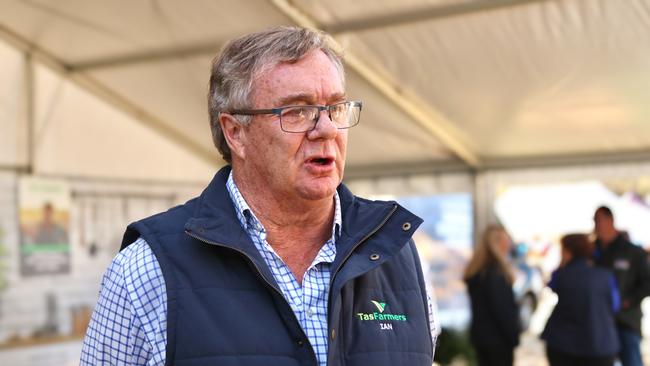
“Farmers are also identifying to us that there are severe environmental issues out in the bush where these animals are living … they do a lot of damage,” he said. “Then the irrigated pastures are a bit like a cream cake for these animals, so, it’s a real balancing act.
“Animals in plague proportions can cause serious economic and environmental damage. Fifteen years ago, fallow deer were concentrated in the Central Highlands and now they can be found 15km from the coast.”
Tasmanian Conservation Trust CEO Peter McGlone expressed concerns around the culling of bird species, which is approaching annual highs like those seen in 2019.
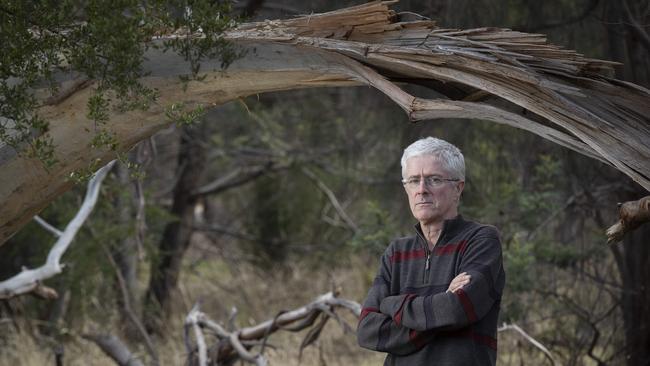
“It’s ridiculous to allow cullings for species like yellow-tailed black cockatoos, black swans and currawongs,” he said.
“When PPPs started, it began with a wildlife review, but there was not enough evidence to show that species like currawongs or yellow-tailed black cockatoos were in such high numbers to warrant culling.
“I agree that fallow deer, wallabies and possums can cause damage, but they are difficult to manage.
“Is culling actually achieving anything if we are seeing the same number of deaths or more year after year?”
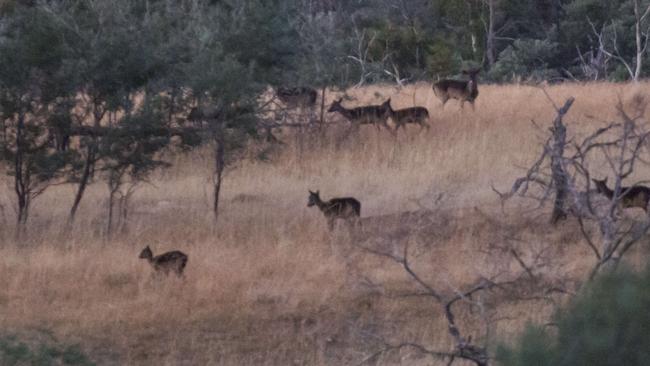
NRE Tasmania said PPPs would not be issued where the take of a species would threaten population sustainability.
“The Nature Conservation Act 2002 provides for the taking of wildlife, including species scheduled under the Nature Conservation (Wildlife) Regulations 2021.
Species can be overabundant at the local scale, damaging primary production and/or affecting the health and safety of people and stock,” the NRE said.
In response to concerns about bird culling, the NRE said bird populations could be highly variable as they are very mobile and responsive to environmental conditions.
“In dry periods, abundance in an area may drop as birds move to find food, water and refuge, and, when rainfall results in increased food and water availability, abundance in an area may increase. The increase in numbers of permits issued from 2022 is a reflection of these fluctuations in conditions.”
More Coverage
Originally published as Greens say “broken” permit system needs reform as wallabies swans among killed




